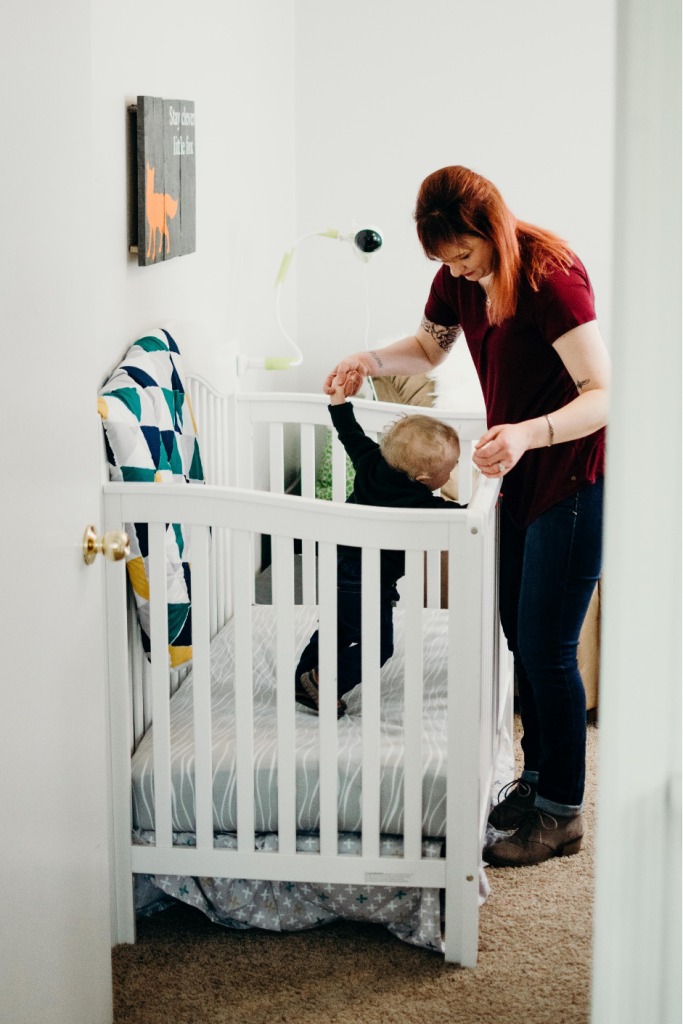Leaving behind your toddler with someone you don’t personally know can be worrisome. Many parents across the US use nanny cams in their homes to ensure the safety and well-being of their children.
Nanny cams usually come in forms of non-traditional security devices. They are small security cameras hidden in everyday objects, such as toys, clocks, or smoke detectors. You can access the footage remotely via the internet and monitor the activities of the caregiver.

In this blog, we will discuss the legalities concerning the installation of nanny cams inside your home.
Nanny Cams- What the Law Says
Using a nanny cam in your home is legal in all 50 US states. You do not generally need consent to record someone inside your home. However, there are exceptions to this rule, and the law may vary from one place to another.
It is advisable that you check your local laws before you install a security camera on your property. We also recommend instead of using a hidden cam, use a security camera that is visible to everyone. No matter what the law says, it is always an ethical practice to let people know that they are under surveillance. It will also deter them from doing something unacceptable. As modern security cameras are typically cloud enabled and come with live monitoring feature, you can take immediate action if your child’s well-being is compromised.
When is it Illegal to Use a Nanny Cam?
While it is usually legal to install a nanny cam, keep the following in mind.
- Do not install a security camera in the areas where the babysitter has a reasonable expectation of privacy. These areas include the restroom, changing room, or bedroom where they live.
- Install a nanny cam only for the purpose of the safety of your child and property. The footage from the security camera should not be used for any other purposes.
- Using an audio-enabled nanny cam can be prohibited by state law. Read the following section to learn more about recording audio.
Rules Regarding Audio-Enabled Cameras
While it is legal to install a video surveillance camera inside your home, it becomes a little more complex for audio-enabled security cameras. The following eleven states in the US require all-party consent for recording audio. That means everybody who is being recorded needs to give consent. Thus, you need to inform the nanny about the existence of the audio-enabled security camera and ask for their consent.
- California
- Florida
- Illinois
- Maryland
- Massachusetts
- Michigan
- Montana
- New Hampshire
- Oregon
- Pennsylvania
- Washington
All the other states except Vermont are one-party consent states. That means only one party’s consent is required for recording audio. So, you can use an audio-enabled camera as long as you are one of those who is being recorded. Vermont doesn’t have a separate rule for recording audio of a private conversation. So, usually, it is considered a one-party consent state.
Praetector uses the latest technology to make security cameras for your home and offices. Praetector cameras offer crystal clear recording even in low-light conditions, and they come with free cloud storage for life. Visit Praetector to learn more about its features.
